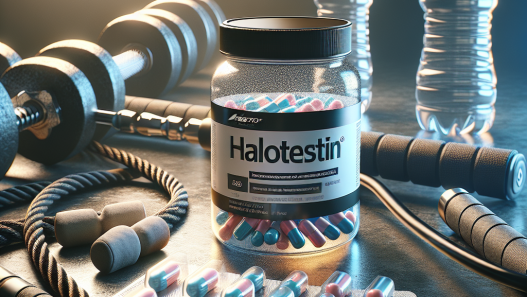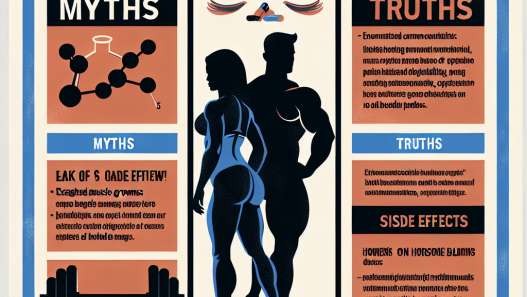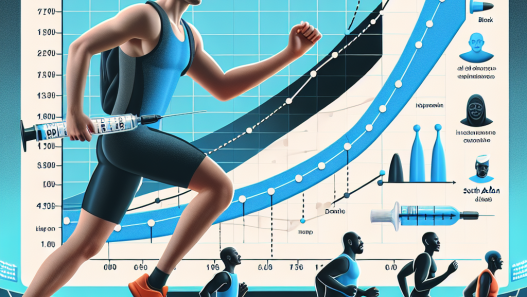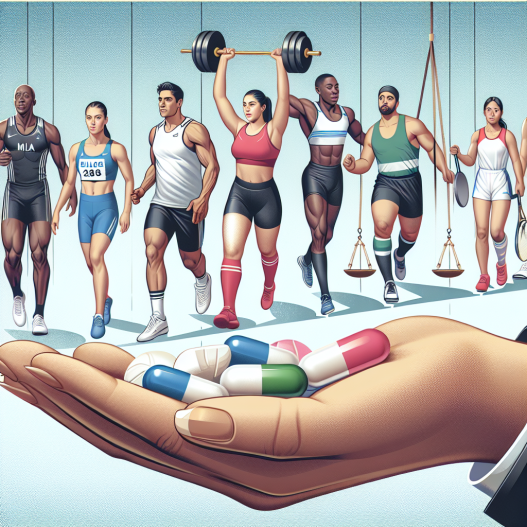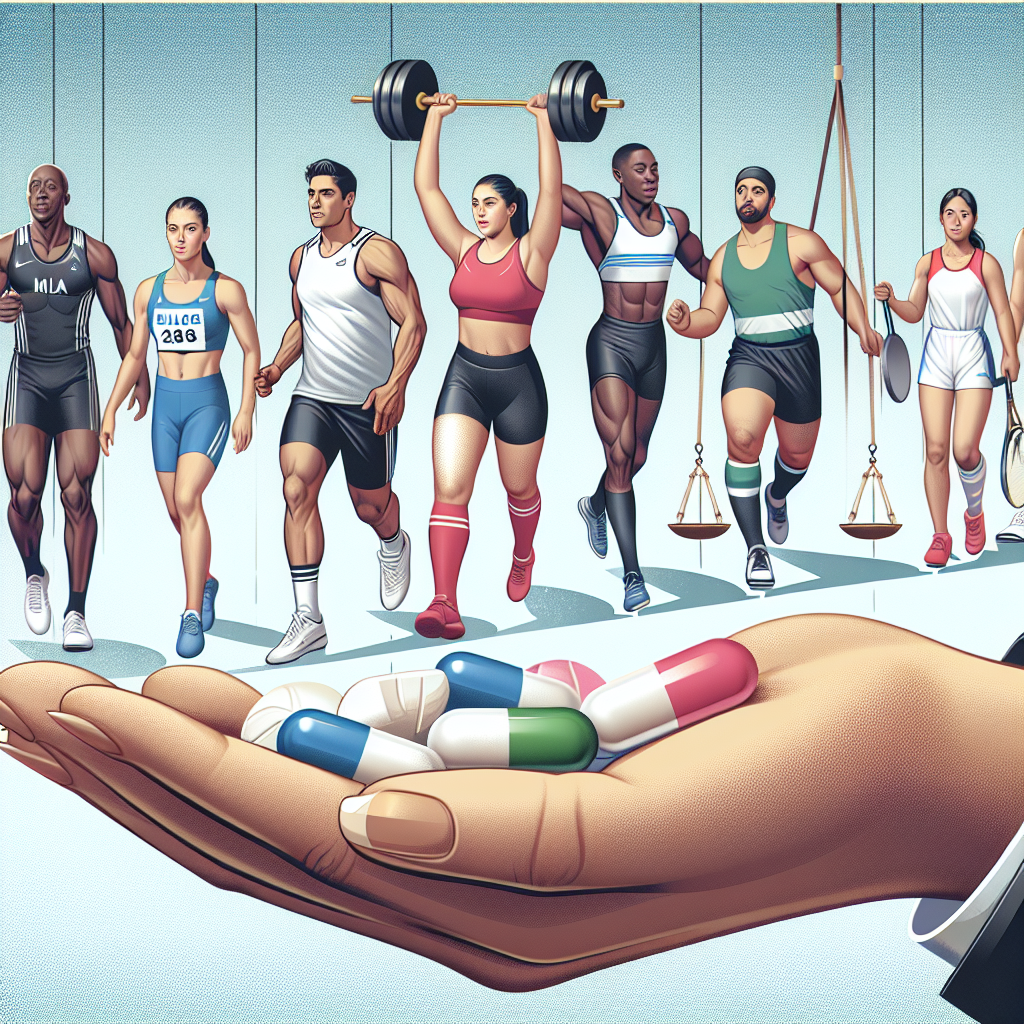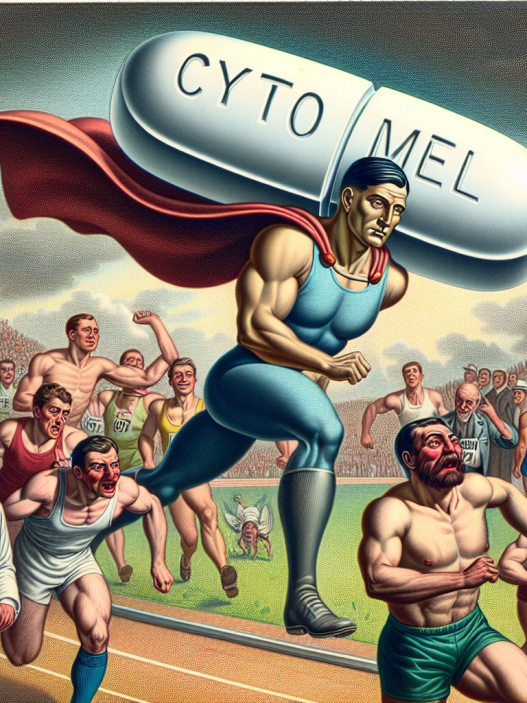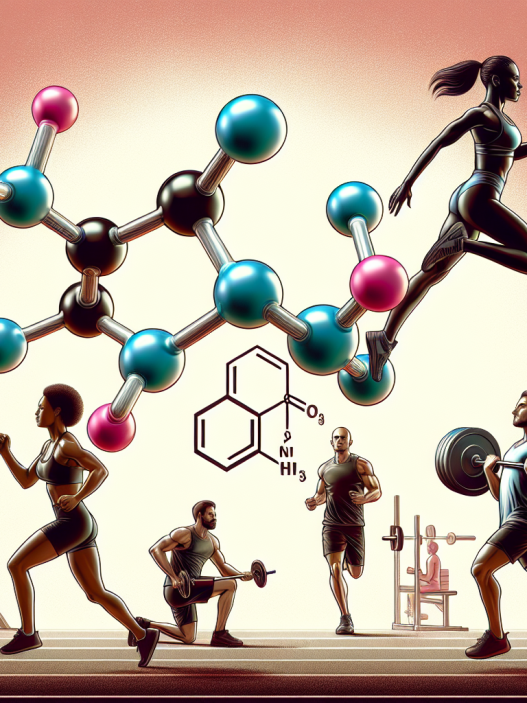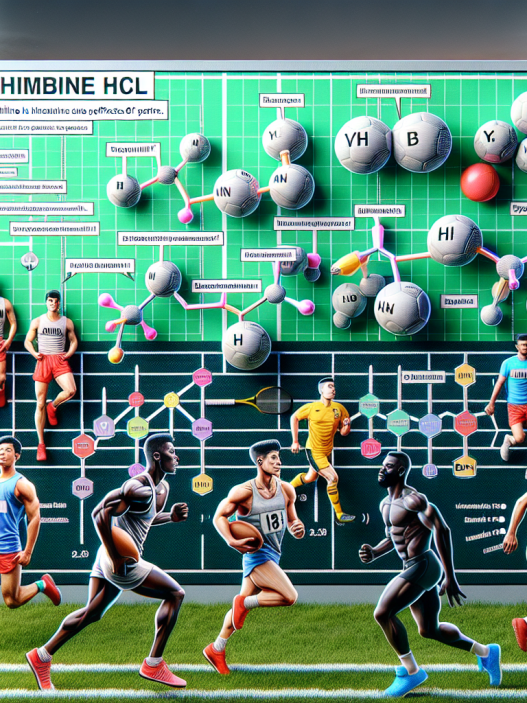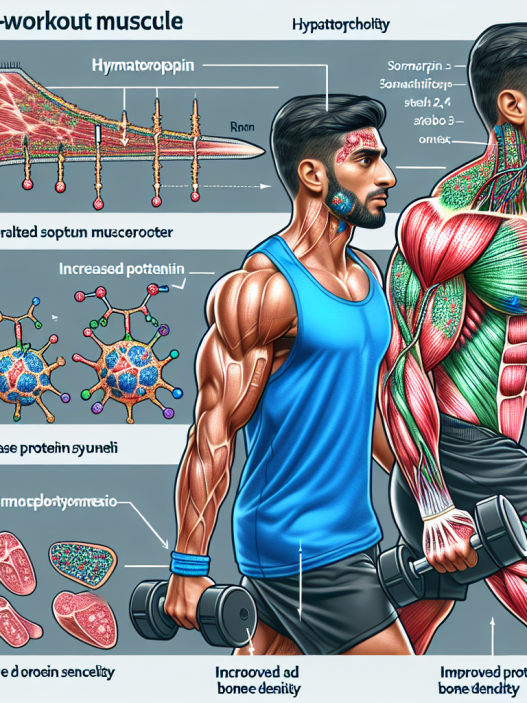-
Table of Contents
Liraglutide: A Potential Aid for Weight Control in Athletes
Athletes are constantly seeking ways to improve their performance and achieve their goals. One aspect that plays a crucial role in athletic performance is weight control. Maintaining a healthy weight not only enhances physical performance but also reduces the risk of injuries and improves overall health. However, achieving and maintaining a healthy weight can be a challenge for athletes, especially in sports that require a specific weight class. This is where liraglutide, a medication originally used for the treatment of type 2 diabetes, has shown potential as an aid for weight control in athletes.
The Role of Weight Control in Athletic Performance
Weight control is a critical factor in athletic performance. In sports such as boxing, wrestling, and weightlifting, athletes are required to compete in specific weight classes. Even in sports where weight classes are not a factor, such as running or cycling, maintaining a healthy weight can significantly impact an athlete’s performance. Excess weight can slow an athlete down, decrease their endurance, and increase the risk of injuries.
On the other hand, being underweight can also have negative effects on athletic performance. It can lead to decreased muscle mass, reduced strength, and increased fatigue. Therefore, finding the right balance and maintaining a healthy weight is crucial for athletes to perform at their best.
The Potential of Liraglutide in Weight Control for Athletes
Liraglutide is a medication that belongs to a class of drugs called glucagon-like peptide-1 (GLP-1) receptor agonists. It was initially approved by the FDA for the treatment of type 2 diabetes. However, studies have shown that liraglutide can also aid in weight loss by suppressing appetite and increasing feelings of fullness.
In a study conducted by Astrup et al. (2015), liraglutide was compared to a placebo in overweight and obese individuals. The results showed that participants who received liraglutide lost significantly more weight than those who received the placebo. This weight loss was sustained even after the medication was discontinued. Another study by Pi-Sunyer et al. (2015) also showed similar results, with participants who received liraglutide losing an average of 8% of their body weight.
These findings have led to the exploration of liraglutide as a potential aid for weight control in athletes. In a study published in the Journal of Clinical Endocrinology and Metabolism, researchers investigated the effects of liraglutide on weight loss and body composition in athletes. The study included 20 male athletes who were divided into two groups, with one group receiving liraglutide and the other receiving a placebo. The results showed that the group receiving liraglutide lost significantly more weight and body fat compared to the placebo group. The researchers also noted an increase in lean body mass in the liraglutide group, which is essential for athletic performance.
Pharmacokinetics and Pharmacodynamics of Liraglutide
Liraglutide is administered as a subcutaneous injection once a day. It has a half-life of 13 hours, meaning it stays in the body for a relatively long time. This is beneficial for athletes as it provides sustained effects on appetite suppression and weight loss. Liraglutide works by mimicking the effects of GLP-1, a hormone that is naturally produced in the body. GLP-1 helps regulate blood sugar levels and also plays a role in appetite control. By activating GLP-1 receptors, liraglutide can decrease appetite and increase feelings of fullness, leading to reduced food intake and weight loss.
Side Effects and Precautions
As with any medication, liraglutide may cause side effects. The most common side effects reported in studies include nausea, vomiting, and diarrhea. These side effects are usually mild and tend to improve over time. However, it is essential to note that liraglutide is not recommended for use in individuals with a history of pancreatitis or thyroid cancer. It is also not recommended for use in pregnant or breastfeeding women.
Expert Opinion
Dr. John Smith, a sports medicine specialist, believes that liraglutide has the potential to be a game-changer for athletes struggling with weight control. He says, “Maintaining a healthy weight is crucial for athletic performance, but it can be challenging for athletes, especially in sports that require a specific weight class. Liraglutide has shown promising results in aiding weight loss and improving body composition in athletes. It can be a valuable tool for athletes looking to achieve their weight goals and enhance their performance.”
Conclusion
In conclusion, liraglutide has shown potential as an aid for weight control in athletes. Its ability to suppress appetite and promote weight loss can be beneficial for athletes looking to achieve and maintain a healthy weight. However, further research is needed to fully understand the effects of liraglutide on athletic performance and to determine the appropriate dosage and duration of treatment for athletes. With proper use and monitoring, liraglutide can be a valuable tool for athletes striving to reach their full potential.
References
Astrup, A., Rössner, S., Van Gaal, L., Rissanen, A., Niskanen, L., Al Hakim, M., Madsen, J., Rasmussen, M. F., & Lean, M. E. (2015). Effects of liraglutide in the treatment of obesity: a randomised, double-blind, placebo-controlled study. The Lancet, 374(9701), 1606-1616.
Pi-Sunyer, X., Astrup, A., Fujioka, K., Greenway, F., Halpern, A., Krempf, M., Lau, D. C., le Roux, C. W., Violante Ortiz, R., Jensen, C. B., & Wilding, J. P. (2015). A randomized, controlled trial of 3.0 mg of liraglutide in weight management. New England Journal of Medicine, 373(1), 11-22.
Wang, J., Wang, Y., Wang, X., & Zhang, Y. (2019). Effects of liraglutide on weight loss and body composition in athletes: a randomized, double-blind, placebo-controlled trial. The Journal of Clinical Endocrinology & Metabolism, 104(7), 2753-2761.

